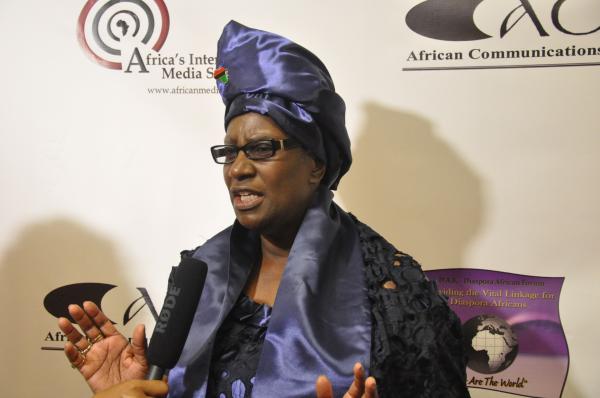
Angola is the third largest producer of oil in Africa and has long enjoyed influx of cash into its economy by oil companies. There are however several other sectors potential investors can consider as there are other sectors with huge potentials aside the oil and gas sector. Here’s a look at some top sectors to broaden your view on investment opportunities in Angola.
Agribusiness:
Many investors are unaware of Angola’s rich agricultural history. Prior to the civil war, Angola was a key exporter of numerous agricultural products, including coffee, maize, tobacco and rice. In the early 70s, Angola became the world’s fourth largest coffee exporter. Underpinning the country’s research capabilities were good agricultural credit and rural trading as well as favorable climatic conditions, vast water sources – including plentiful rainfall and surface water – and fertile soil.
However after a brutal civil war decimated the country, the agriculture sector took a knock. Today, the climate, rainfall and soil remain, yet irrigation is lacking, little credit is available and trading and information networks are all but nonexistent. The government is upgrading irrigation systems through dams to grapple with consistent floods and drought. Through partnerships with China and Brazil, credit has increased. Still the sector could benefit greatly from increased foreign capital and knowledge sharing.
Oil:
Angola is exporting about 90% of its crude oil primarily to China and the US.US imported nearly 496,000 bbl/d of crude oil in 2007 from Angola (507,000 total oil imports),making it the sixth largest supplier of crude oil to the United States after Nigeria. For most of 2007, Angola was the second largest exporter of crude oil to China after Saudi Arabia —occasionally surpassing the kingdom. The monthly records show that China imported around 650,000 bbl/d of Angolan crude in the December of 2007 as compared to US imports of 440,000 bbl/d for the same month. Other export destinations include Europe and Latin America, mainly Brazil—the fellow lusophone country is increasing political and economic links with Angola, specifically in the oil sector.
Minerals:
Diamonds: Angola was the fifth biggest producer of diamonds of the world in the year of 2006 and the main geologists of the world estimate that the alluvial backups of Angola can total up the 130 millions of carats. The country has at least six gold-mines of kimberlitos virgin and these gold-mines are among the ten biggest of the world, an estimate of 180 millions of carats in the value of several billions of dollars.
With substantial golden deposits, iron, phosphates, manganese, copper, leads, quartz, plaster, marble, black granite, beryl, zinc and numerous strategic minerals, Angola was described as one of the most greatest world treasures among the countries in development
Tourism Industry:
Angola has a tropical climate, beaches, rivers, mountains, wildlife and cultural attractions all factors giving it an excellent opportunity for growth in the tourism industry. But still, development of this sector has not yet begun in earnest. The visas are still difficult to obtain for the region. Even as the wildlife resources have severely depleted in the region, many species in Angola are still roaming free like from elephants to the rare giant palanca. There is a huge geographical variety right from the tropical beaches to inland mountains and lakes, is sure to be a major draw card. There are a lot of traditional crafts present in Angola some of them in ivory, wood, ceramics and metal, quite different to styles found elsewhere in Africa. Other aspects of Angolan culture such as dance, music and night life add to the Angolan attraction. Angola has much to offer in its cuisine .There is fish, shellfish and meat cooked with strong spices, some of the country’s specialties. The hotel industry of Angola requires coming up further as the demand far exceeds supply. The restructuring of existing hotels is underway and also there are plenty of opportunities for construction of new ones.
Banking Services
The Angolan banking sector has seen astronomical growth. Total assets skyrocketed from $2.9 billion in 2003 to an estimated $62.5 billion in 2012. Such figures make the sector the third largest in Sub-Saharan Africa after Nigeria and South Africa. Yet only 40 percent of the county is banked, similar to Mozambique and Zimbabwe, but far less than South Africa and Mauritius. Five banks control nearly 80 percent of the sector’s assets. But the government is adamant that the industry has become more diversified, creating greater opportunities for investors.





















